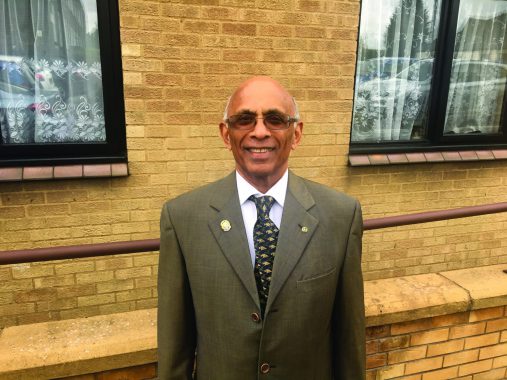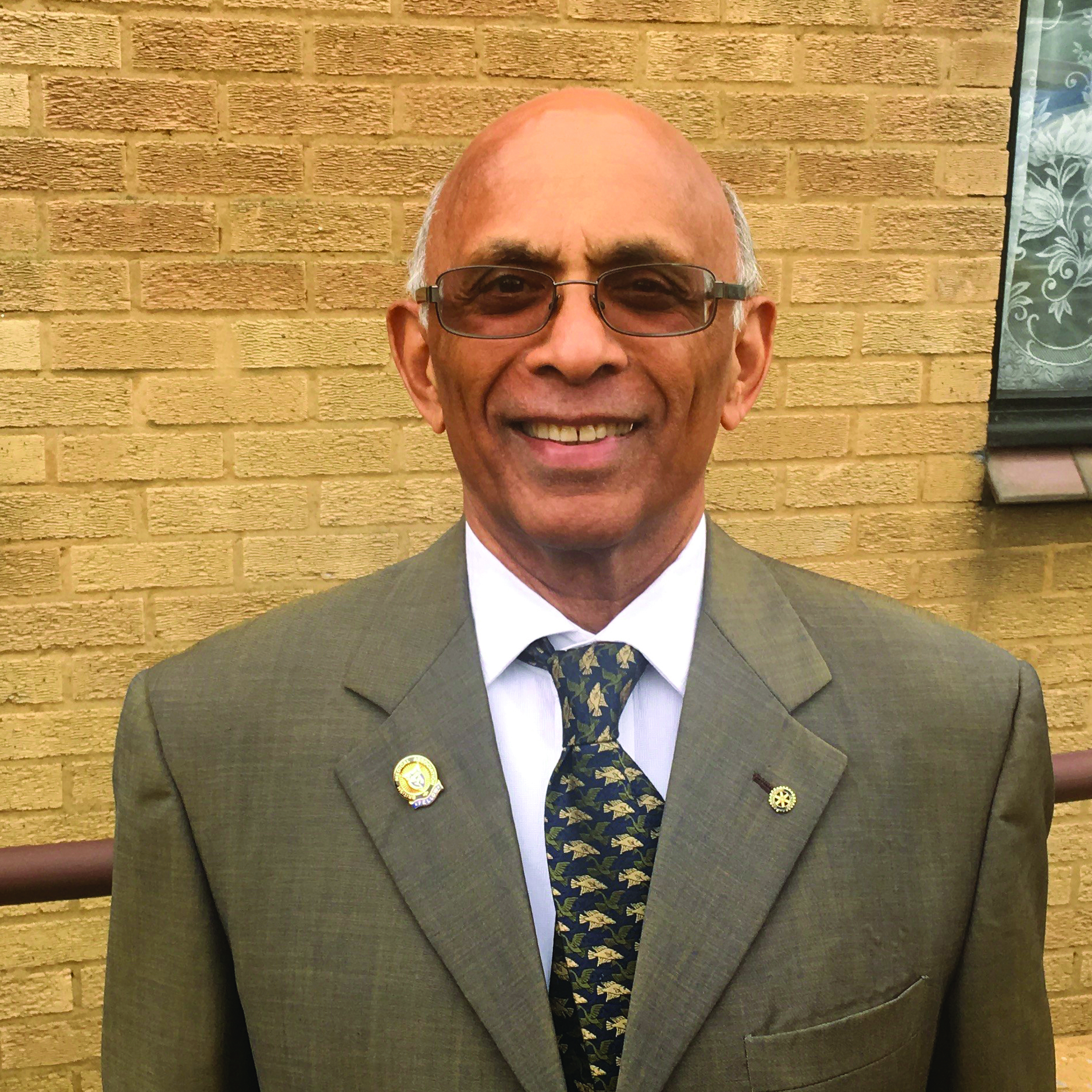The GPs who shaped NHS general practice: Dr Krishna Korlipara


Dr Krishna Korlipara established the first GP co-operative providing non-profit making, out-of-hours GP services with Bolton District Medical Services, in the late 1970s. Over the next decade the service expanded until there were over 300 co-operatives across the country.
The co-operatives developed out of the exhaustion faced by GPs who were on call seven days a week, leading to them becoming in danger of being as ill as their patients, or relying on out-of-services run by privately owned companies, often based in areas other than those they were operating in.
Dr Korlipara also oversaw the building of the first purpose-built medical centre in Bolton.
Having qualified in India, he has also been lauded as a leading migrant GP. Dr Korlipara initially worked in hospitals around the country – with a six month hiatus back in India after getting homesick – but his career came to a crossroads when he failed his consultancy exams. By now working in elderly care in a Bolton hospital, he was strongly tempted to take up a residency in the United States before being warned against it by his then boss.
Instead he was introduced to a senior partner at a practice in Horwich, who in 1972 offered him a partnership. Though it took him time to settle into life as a GP, Dr Korlipara says he then never looked back. He remained in practice there for 40 years.
A former longest serving elected member of the GMC (first elected in 1984 and re-elected five times until 2008) he was made a fellow of the BMA in 2012.
A strong advocate of the model for providing the highest standards of out-of-hours care, Dr Korlipara was critical of the 2004 contract leading to after-hours care provision being opened to commercial providers.
Now retired from practice, Dr Korlipara still owns a nursing home in Bolton.
General practice during the NHS: 1980s
In 1982 health minister Kenneth Clarke orders a review of GP spending and moots the possibility of limiting practices that overspend. Limited lists are imposed three years later.
Public health becomes increasingly discussed and scrutinised, including the AIDS ‘Don’t Die of Ignorance’ campaign.
The 1987 White Paper Promoting Better Health looks to GPs to help increase patient access to health information and says it should to be easier for the public to choose and change their GP. It also states GPs should be encouraged to carry out minor surgery and embrace computerisation. In 1982 Information Technology Year sees 2,000 practices apply for grants to buy microcomputers and by 1985 commercial computer systems designed for GPs are being introduced.
Pulse October survey
Take our July 2025 survey to potentially win £1.000 worth of tokens











